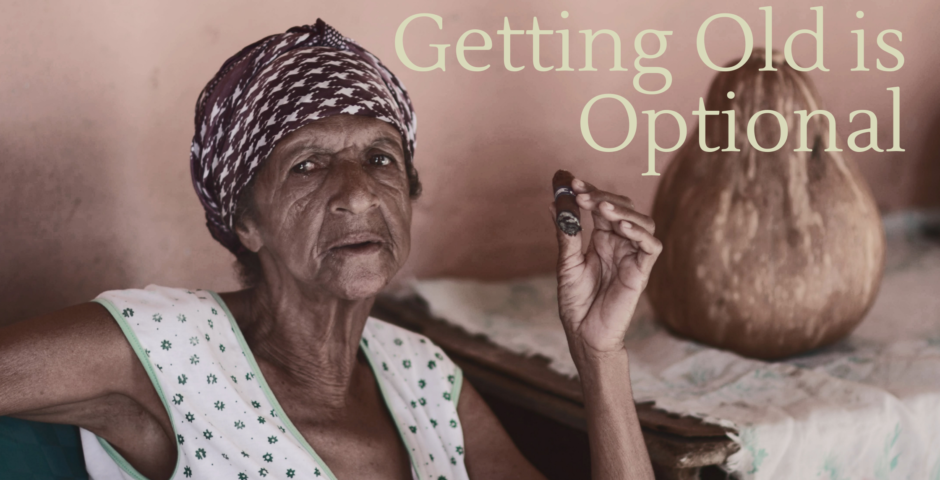
We Did Not Appropriate Your English. It Was Whipped Into Us.
Mr. Tei loved to whip children.
At least, that was the reputation he had earned on the primary school block when I arrived in 1986. Only ‘Brah’ Sammy came in at a close second with a love for attaching cane to tender Class 3 flesh. It was rumored that both men would arrive on school grounds before dawn in order to immerse their canes in the toilet so that the fibrous material had time to soak up fluid. The effect, it was said, was that the cane would gain both rigidity and flexibility, resulting in a sound that cut the air with a whistle before cutting into your flesh. That is where their similarities ended. What differentiated the two men was the care and creativity with which they administered pain. Brah Sammy was simply a brute; cutting and slicing with wanton abandon. Mr. Tei was in possession of much more finesse. He was an artist.
He would draw circles of chalk on the concrete floor – no greater than 18 centimeters in diameter – and instruct the offending student to stand within its border, fingertips to the toes as he whipped you. If you stepped out of bounds he would begin the count again. Sometimes he’d make you stand on one leg to receive your caning, the class counting along as he delivered “strokes”. If you lost your balance and steadied yourself with the foot meant to remain in the air, he began the count again. For one of my classmates (whose name I’ve long forgotten) there could be no greater punishment. He was woefully lacking in balance and coordination and one of his whippings seemed to go on for an eternity. I remember willing him to keep his balance so that the torture could end and we could get back to the lesson. As we re-began the count for the umpteenth time, one girl in the class began to cry, overcome with sympathy. Only then did that particular whipping stop. Now that I think of it, I never saw that kid the following year. At the time it was not uncommon for primary school children to drop out and seek either employment or a life of vagrancy. Only heaven knows what happened to that boy or what became of him.
Our teachers were not always ogres and brutes to be dodged and feared. Sometimes they revealed to us their humanity, which made the abuse so much more conflicting…and tolerable. One afternoon during extra classes, we had the rare occasion to joke with the new maths teacher, Mr Osei*. We were older now, Class 6 and therefore upperclassmen, so he could risk a little more informality with us. We quipped about how much the teachers loved to lash the children, not even sparing the first graders. Mr. Osei chuckled dryly and replied in an almost haunted voice:
“You people are even lucky. In my days, four big boys were called to hold you by the wrist and ankles. They would lift you in the air while a fiftth boy, bigger than the rest of them, would lash you.”
I thought he was exaggerating, if not flat out lying. It sounded so bizarre; something right out of a plantation horror story. It wasn’t until I happened upon Kwaw Ansah’s film ‘Heritage Africa’ which was playing at an uncle’s house during one lazy Saturday afternoon that I conceded that this was reality. There was a whipping scene just like the one Mr. Osei described which involved the protagonist’s son, Archibald. We’ll come back to that later.
School children were routinely beaten in those days. Infractions that could result in a caning were tardiness, failure to do homework, failing a quiz, wrong answers during mental maths, coming in late from break, being “out of uniform” (they always got me on this) and speaking vernacular on campus. I had always understood “vernacular” to mean a variation of a standard language, like slang or pidgin. It was thanks to Mr. Tei’s zeal for the cane and the ever watchful eye of “name takers” that I received my instruction in what the ordinary Ghanaian considered “vernacular”.
We were playing ampe. Somebody stretched, another person called foul, and an argument ensued. All attempts to resolve the matter in English were abandoned and my compatriots switched to Ga, a language in which they could better argue and illustrate their points. I bowed out and waited for the resolution because well, I don’t speak Ga. (And refuse to till this day.) It was decided that the game would begin afresh: a very democratic decision but ultimately unsatisfying for my team. My team was previously ahead. I was now under pressure as ‘Mother of o-straitee’ and it was my job to ‘born’ the children so the other girls could play. No one had faith in me, but you know what? I crushed that girl. Borned 6 children and we won the game. I was flying high because I was always last to be picked for ampe but I had carried my team to victory, all before the break bell had sounded. We ran up the stairs and into our classroom, jubilant. Mr. Tei was waiting for us with the cane.
“What are the names of those who were speaking Ga?” he boomed.
The name-taker read off the names of everyone in our group, all except mine. Like I said, I can’t speak Ga. Mr. Tei called them forward to the front of the class and gave every girl five “strokes” each, punctuating each blow with the words: Do. Not. Speak. Vernacular. On. Campus! I still remember how he pronounced the word “campus” with and oose as in “papoose” and I would have laughed at how ridiculous he sounded if not for witnessing the wincing and tears in my friends’ eyes. And for what? Because they had spoken their Mother Tongue while playing a school yard game. I felt guilty, but I also resolved that day that I would never learn to speak Ga if it meant I could be punished for it. Similarly, in ‘Heritage Africa’ Archibald was whipped for being found in the audience at a forbidden cultural display branded by his Anglican instructors as ‘witchcraft’. He eventually died from the injuries he sustained. His father, eager to please his colonial masters, did not grieve his death.
Why do I recount these harrowing tales to you? Two weeks ago, Britain’s longest serving monarch died, and the descendants of our enslavers, abusers and modern day oppressors (including the numerous re-incarnations of the servile Black colonial clerk) expected and would accept nothing less than extended displays of anguish and sorrow. They anticipated that the globe would universally join them in proverbial sackcloth. Those who refused to condole, and went further to express their disdain for the monarch (and all that her position represented) were treated to a type of racism that is usually reserved for Rhodes Era literature. Most famously was Dr. Uju Anya’s tweet which read:

You can imagine the reactions that came crawling out of the Anglo-Saxon sewer in response; and they were many. Yet out of the landslide of comments that would have us as Africans examine our barbarity and insist that we demonstrate gratitude for centuries of disenfranchisement, exploitation and abuse, this one struck me to the marrow:

Those of us who find ourselves in the unenviable position of being formerly colonized by the British know what it’s like to have your culture beaten out of you until only a bastardized shadow of itself exists. People from across the formerly colonized world, people who were born as recently as the 1960’s, recounted the myriad methods the subjects of the British Empire had their cultures and languages ripped from them. An Irish woman told of how every primary student had a stick fastened to their neck and was given a beating for every word of Gaelic they spoke. To this, another man added his resentment that as a result, he now has to learn Gaelic from Duo Lingo since colonization denied him its inheritance as a Mother Tongue. I shared these and other stories with my friend and former literature teacher, Mr. Quist, during a recent phone call. He scoffed in his endearing, sardonic way and added examples from his own school days.
“Those of us who were caught speaking local languages on school grounds had to wear a chalkboard slate that read ‘I am a fool’ for the entire day. Of course, there were your typical beatings in addition to that.” He then went on to tell about a schoolmate who was a brilliant thinker and storyteller when conversing in Ga. The moment he was forced to switch to English, a language that did not allow him the range and complexity of communication to which he was accustomed, he faltered in his expression and was branded a “fool”. He deliberately made trouble to get kicked out of class and eventually dropped out of school.
This is but a glimpse of what colonialism did to its victims.
It did not save us.
It did not “bring us culture” as the principal of the school my children formerly attended would often assert.
It did not enrich the lives of those at the other end of the yoke.
To demand, as Keean Bexte so viciously did, that we who still battle with the vestiges of this cruel enterprise show gratitude for its imposition on us is the epitome of white supremacy and to advise that we stop “appropriating English” in light of these unhappy events visited on generations of (post) colonized youth is to be a dick. The Englishman’s colonial legacy is, symbolized in a crown of stolen jewels and wealth, hoarded in the hands of a greedy royal family. The Africans’ legacy is in the whipping stick that strikes and bruises the hands of our youth.
I part with this thought:





